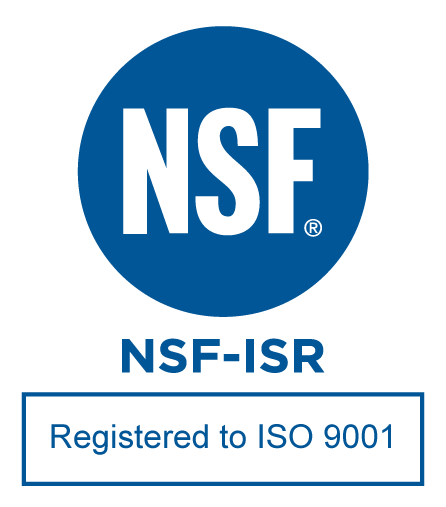When Selecting Air Cylinders, Don’t Overlook Chemical Compatibility — Part 3

In our last two blog posts, we explored the potential material options for cylinder bodies, pistons, bearings and seals, as well as their ramifications in terms of chemical compatibility. Now, we’re capping off this series with a discussion on how certain chemicals can affect your air cylinder’s lubrication.
Lubrication Considerations To Address Pneumatic Cylinder Challenges
Pneumatic cylinders require proper lubrication to remain in operation. Lithium grease, a type of soap-based lubricant, reduces friction and extends a machine’s lifetime. Soap-based lubricants are available in many varieties, each with their own unique properties. In general, they provide excellent protection against water, oxygen and corrosion, as well as general wear and tear.
Lithium adheres to metals well, can withstand heavy loads, high pressure and high shocks, and is chemically non-reactive. Operating temperatures are approximately 130°C continuous with a 190 to 200°C dropping point. Avoid using lithium grease in your application if dust and dirt collection would be problematic. And, due to its petroleum base, lithium grease may increase the decay rate of rubber and plastic components.
Soap-based greases see widespread use in industrial machinery but pneumatic cylinders present unique challenges that can exceed the lubricant’s capabilities. After all, pneumatic cylinders have aggressive duty cycles and operate under high pressures in high-heat or corrosive environments.
An alternative lubricant that can tackle these challenges is a non-soap polyurea grease. Magnalube® is a polytetrafluoroethylene (PTFE)-impregnated grease with proprietary additives that inhibit rust and oxidation. Many Fabco-Air cylinders come standard with Magnalube-G, delivering effective lubrication across a wide temperature range and a long operating life.
Additional features include:
- Constant performance from -40 to +276°C and a dropping point of ~287°C.
- Resistance to mechanical wear and surface degradation.
- Lubricity under high pressures.
- Exceptional film strength.
- Excellent dispersion properties.
- Mechanically stable and doesn’t soften or harden.
- Non-conducting with high dielectric strength.
Note that while Magnalube-G is used in a wide variety of pneumatic cylinders, it cannot come into contact with food.
To learn more about pneumatic cylinders and chemical compatibility, check out our white paper.

